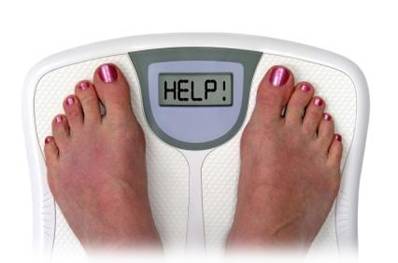 |
||||
|
||||
| 4. Weight losing injections- Byetta "down" and Victoza "up" | ||||
Liraglutide the GLP-1 analogue, brand name Victoza appears to be safer not only in terms of negligent incidence of pancreatitis compared to byetta, but also proving profound benefits in shedding weight in over weight individuals Moreover FDA has cautioned with use of Byetta for fear of Kidney disease. FDA has received 78 cases of altered kidney function from April 2005 through October 2008, (62 cases of acute renal failure and 16 cases of renal insufficiency), in patients using Byetta. Some cases occurred in patients with pre-existing kidney disease or in patients with one or more risk factors for developing kidney problems. Presenter and lead author Alan J. Garber, MD, PhD, FACE, stated that, Liraglutide (Novo Nordisk) is a human glucagon-like peptide-1 analogue that "has insulin stimulatory effects in the presence of glucose, has glucagon-suppressive effects in the absence of hypoglycemia, retards gastric emptying, and diminishes appetite." For this study they had selected 746 patients with Type 2 diabetes and a body mass index (BMI) of 45 kg/m2 or less were randomized to receive once-daily liraglutide (1.2 mg or 1.8 mg) or the sulfonylurea drug glimepiride (8 mg) for 52 weeks. The primary end point was change in proportion of glycosylated hemoglobin (HbA1c). At the outset of the trial, all patients had their diabetes controlled with diet and exercise alone or by taking oral diabetic agents at half or less of the maximal dose. After 20 weeks, those on liraglutide lost more weight than those on the placebo. Participants on the highest dose of liraglutide lost 15 pounds, compared with 6 pounds on the placebo and 9 pounds on orlistat. Three-quarters of the subjects on the highest dosage of liraglutide lost 5% or more of their body weight. Despite lower HbA1c values with liraglutide, this therapy actually caused fewer hypoglycemic events than glimepiride. The most frequently occurring adverse events with liraglutide were nausea and diarrhea. FDA recommends the health care professionals,before prescribing byetta, to consider the following points . Source : |
 |
|||